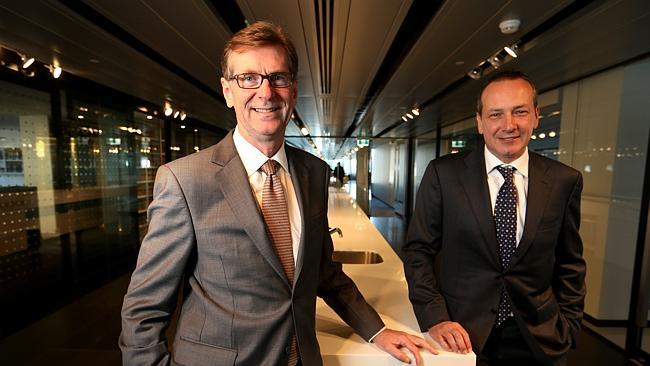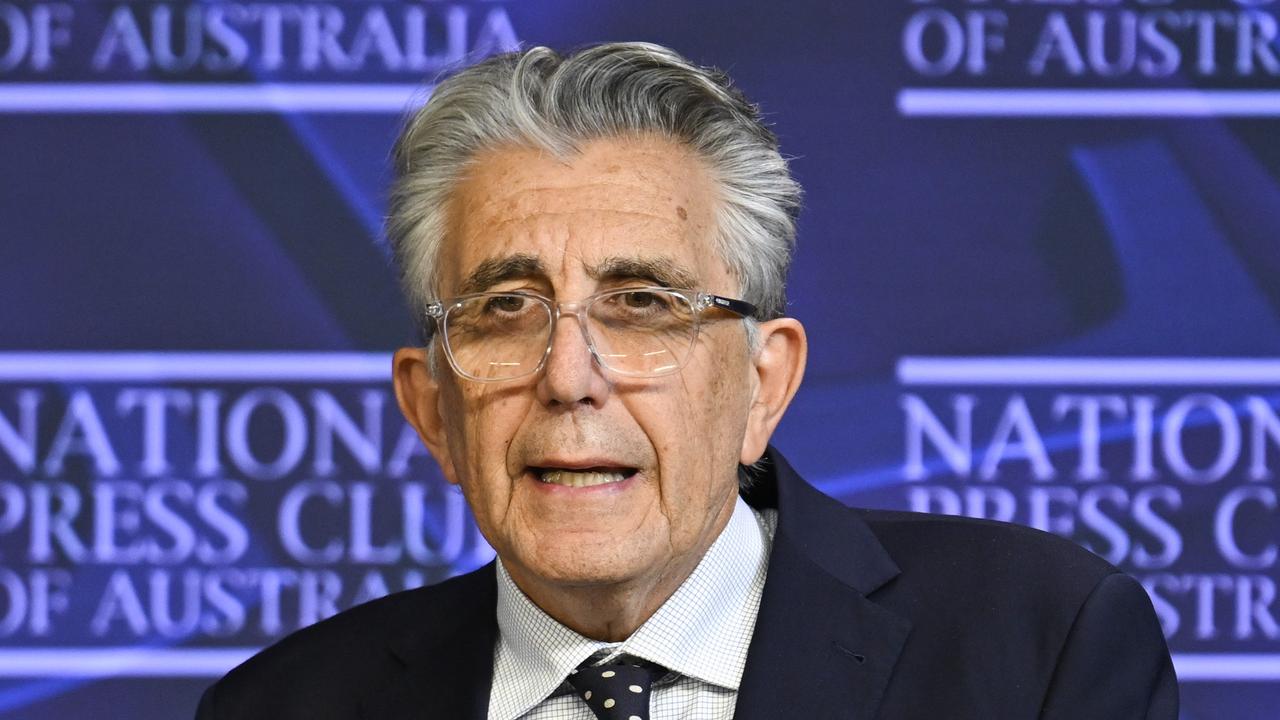Times a’changing as firms find a cap that fits the bill
LESS than half of international giant Norton Rose Fulbright’s legal work is billed on a time basis in Britain, Europe and Asia.

LESS than half of international giant Norton Rose Fulbright’s legal work is billed on a time basis in Britain, Europe and Asia and its Australian practice is heading the same way.
The firm’s global chief executive, Peter Martyr, said law firms across the world were under increasing pressure to cut costs.
“What we are seeing on a global basis is that as the economies are recovering and there is more activity in the marketplace a lot of the benefit from recovery is being offset by a greater demand for efficiency,” Mr Martyr told The Australian in Sydney.
“The firms who can deliver that efficiency and … find different ways of doing things ultimately will be the winners.”
He said the law firm had shifted away from time-based billing in Europe and Asia although in the US and Canada, about 90 per cent of matters were still charged in billable units.
Australian managing partner Wayne Spanner said the proportion of work billed on a time basis fluctuated in Australia, but its local offices were “without doubt” heading down the path of alternative and capped fee structures.
A year after the merger between Britain’s Norton Rose and US heavyweight Fulbright & Jaworski, Mr Martyr maintains the tie-up between the two firms is bearing fruit.
He said US firms had generally been slow to look to Australia and see the opportunities.
However, for Norton Rose, he said fitting Australia and Asia together with the US had given the firm a clear edge, because of the key role US investment played in Asia. He said it had also bolstered the firm’s links between Australia and Japan, because of Japan’s strong relationship with the US.
The firm, which has more than 3800 lawyers in over 50 cities, has now shifted its focus to finding new ways of delivering legal services and restructuring its business for the future.
“One of the most gratifying things we’re doing at the moment is working out what the shape of the legal business might be in the future and we think it could be quite different,” he said.
Mr Martyr said he believed technology would play an increasing role in replacing work previously performed by lawyers, with super computers used to do more automatic completion of tasks.
However, he said he believed there was room for a multitude of different legal models in the market and the profession needed to become more comfortable with that.
The firm is also pushing further into Latin America and Africa, capitalising on pent-up demand in those regions and growth rates close to that of China.
“We’re able to bring that piece into the Australian arena,” Mr Martyr said. “A lot of it is filling in space and making connections where there weren’t before and then offering the one-stop shop.”
One area in which the firm has been using its global reach is to help multinational companies develop a uniform approach to managing the increasing regulatory burden across jurisdictions.


